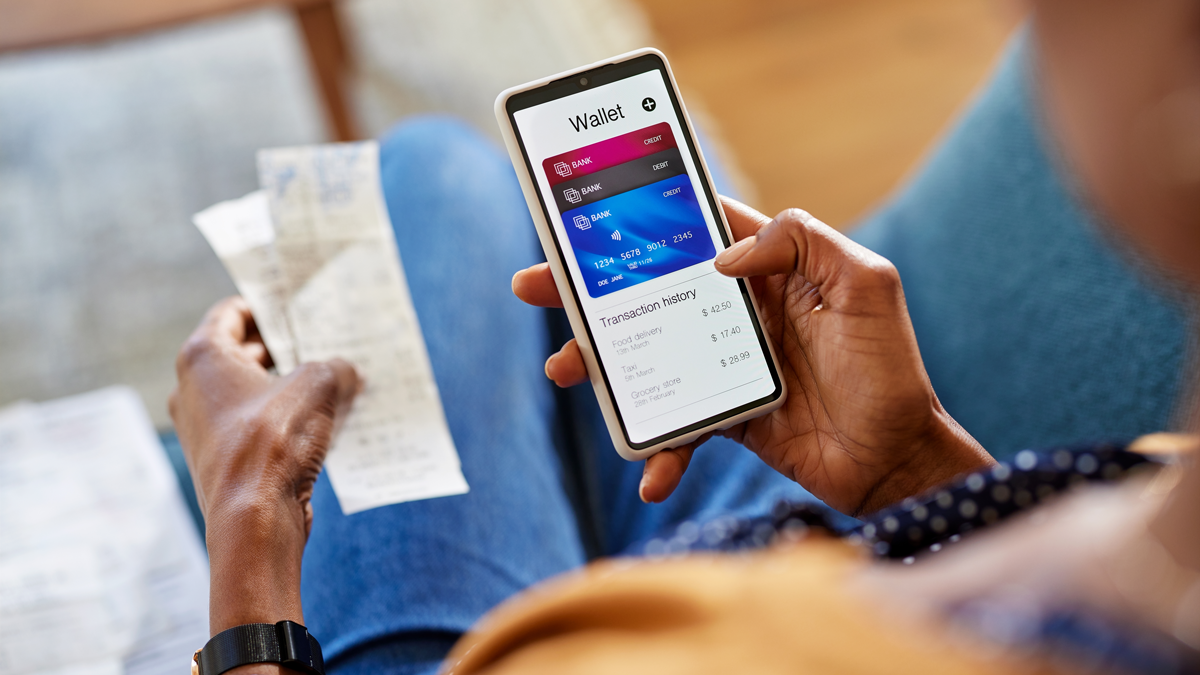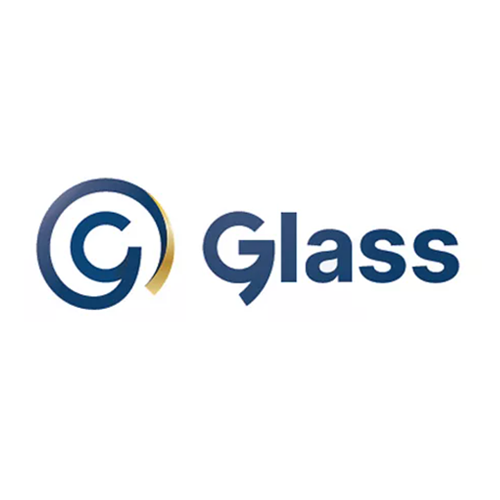GLASS project tests e-wallet for Europe-wide administrative services
In the EU project GLASS, organisations from all over Europe work on user-centric solutions for cross-border e-government. The project has now entered its final phase: GLASS technologies are being tested through demonstrators for three different use cases - moving to another country, a short visit, and working in another European country. To this end, the project partners developed an eIDAS-compatible e-wallet platform with a single sign-on, which enables citizens to digitally carry documents such as educational qualifications with them.
Moving to another EU country or working in another European country: while projects like these are increasingly becoming the norm within Europe, they are also associated with major bureaucratic hurdles. After all, living and working across borders requires the exchange of confidential information and evidence between private individuals, authorities and companies - be it residence permits or birth certificates.
Difficulties in providing proof, as well as insufficient information, can become significant obstacles for private individuals and companies. In addition, there are language barriers and long waiting periods when dealing with authorities. A number of challenges hinder the consistent simplification of administrative processes through digitalisation - from questions of identity and proof management to the highly complex handling of personal data and the lack of interoperability of existing systems.

Solutions for cross-border e-government
This is precisely where the European Horizon2020 project GLASS enters the picture, developing solutions for cross-border e-government. The objective is to enable trustworthy interaction between citizens, companies and public authorities. To this end, eleven organisations from six European countries are working on improving the security, cost-efficiency and simplicity of administrative processes by automating them and ensuring secure data exchange. The idea behind GLASS is a citizen-centric “European Common Services Web”: an interoperable data space that enables public administrations to offer cross-border and personalised digital services transparently in a secure environment while protecting the data of citizens and companies.

An e-wallet platform for the encrypted exchange of information
The GLASS solutions are currently being tested using three demonstrators. The project partners focus on specific use cases: Moving to another EU country, a short visit to another country and working in another European country.
The central component of the GLASS ecosystem is an “e-wallet” - a digital wallet that enables private individuals and companies to request the necessary documents digitally from a public authority, deposit them once, carry them with them permanently and grant access to selected organisations. Users retain full control over who they interact with via the wallet, what information they share and are not dependent on another actor.
The wallet is a mobile application that implements the concept of Self-Sovereign Identity (SSI) and allows users to access an ecosystem of applications for mobile management services via an easy-to-use user interface. The database is a private blockchain solution in which the information is stored in an encrypted and data protection-compliant manner.
Cross-border administrative services: From moving house to a short visit
The three demonstrators allow the wallet and associated services to be tested under real-life conditions. As part of the “Moving to another European country” demonstrator, the project partners have developed solutions that provide digital support for renting a residence in another EU country. For example, social security documents can be requested from the responsible ministry via the wallet and the necessary proof, such as a birth certificate, can be transmitted. This in turn enables the employer to receive an employment contract within the wallet and send this contract to the future landlord - all digitally and based on secure authentication and validation methods.
Another demonstrator examines employment abroad and has developed digital solutions that allow private individuals to carry proof of educational qualifications or vocational training certificates in their wallet. The third demonstrator deals with the short visit of a physically disabled person in another country and enables the application for support services via the wallet.
The GLASS technologies will be comprehensively evaluated as part of the three demonstrators in order to improve them further. Fraunhofer FOKUS is responsible for the development of the technical architecture, the implementation of decentralised data management and standardisation activities.
Last modified: